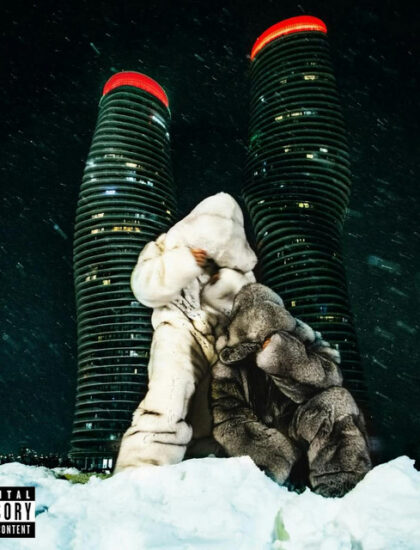Yesterday, I attended a very interesting meeting. Basically, it was a focus group that gravitated towards the topic of cross-culture. The discussion kicked off with the question: ‘What defines Shona and Ndebele artist?”
From there, several questions then emerged such as, “Is our definition based on geographic location or a person’s place of birth,” and “Is it based on the language they use to express themselves?”
Through hacking away at the ice, we finally delved deeper into the not so pretty aspects of-the-art industry. I didn’t realise it until today that Ndebele artists hardly win any music awards or receive any nominations for that matter.
Sitting there, I actually questioned as to why, personally, I am not a fan of Ndebele music. I’ve always used the excuse of the language barrier being a contributing factor (even though I have intermediate command of the language). I mean, I don’t want to have to mentally translate my music first before I grasp its meaning… right?
Bullshit! The truth is I listen to music by Salif Keita, Koffi Olomide and nameless Bollywood music. I don’t know half or entirely the shit any of those people say or sing about but I listen to them, anyway. And I enjoy it! Despacito!
Why then am I so biased towards Ndebele artists?
Looking at events such as Gukurahundi, it’s quite painfully obvious that we – Shona people – have our issues with the Ndebele folk. And who knows, maybe it even started way before that.
Do you know that the Ndebele people fought the first war against the colonialists, but it is only when we Shonas took up the cause that we labelled it the Chimurenga? And yes, we love to talk about our beloved father of Zimbabwe, Joshua Mqabuko Nyongolo Nkomo. But even, he was a somewhat voiceless political figure only given a position to pacify the growing tensions. They never gave him room to share his vast amounts of knowledge, and some even suggest he should’ve been the true leader of Zimbabwe. Just a mere mention of that possibility makes Shona people squirm.
Back to the present, we still see so much bias towards Ndebele people and their language. Factually speaking, many Ndebele people I know can speak Shona, but a LOT of our Shona folk can’t speak Ndebele. Why should we, right? I mean, we consider ourselves to be the majority (and that’s not even a fact!)
Is it because we have an inferiority complex? Just like those people who hate black people with bougie accents because it reminds them of the privileged upbringing they never had (Just saying). Or is it deeper than that? Do we inherently feel like the Matabele hate us? Are we angry at them because we want them to like us? Just like men who can’t grab a girl’s attention the proper way resort to verbal abuse and gross groping.
An acquaintance of mine brought something up the other day, about how epigenetics plays a role in our subconscious. How we can inherit the traumas, biases and emotions of our ancestors. How our behaviours are controlled by experiences other than our own.
Could it be the same thing that is happening in today’s society? And in the slightest event that it is so, how can we uncondition ourselves from this bias?
And in case you don’t know what epigenetics is, it is the study of how external factors affect the expression of our genetic makeup. Simply put.
The government has tried to bring about cross-cultural inclusion into society. Well, that has not been so successful, has it been? Therefore, my question to you then is; ‘What are going to do about it?”
Umunthu ngumunthu!
Asakhe!






















